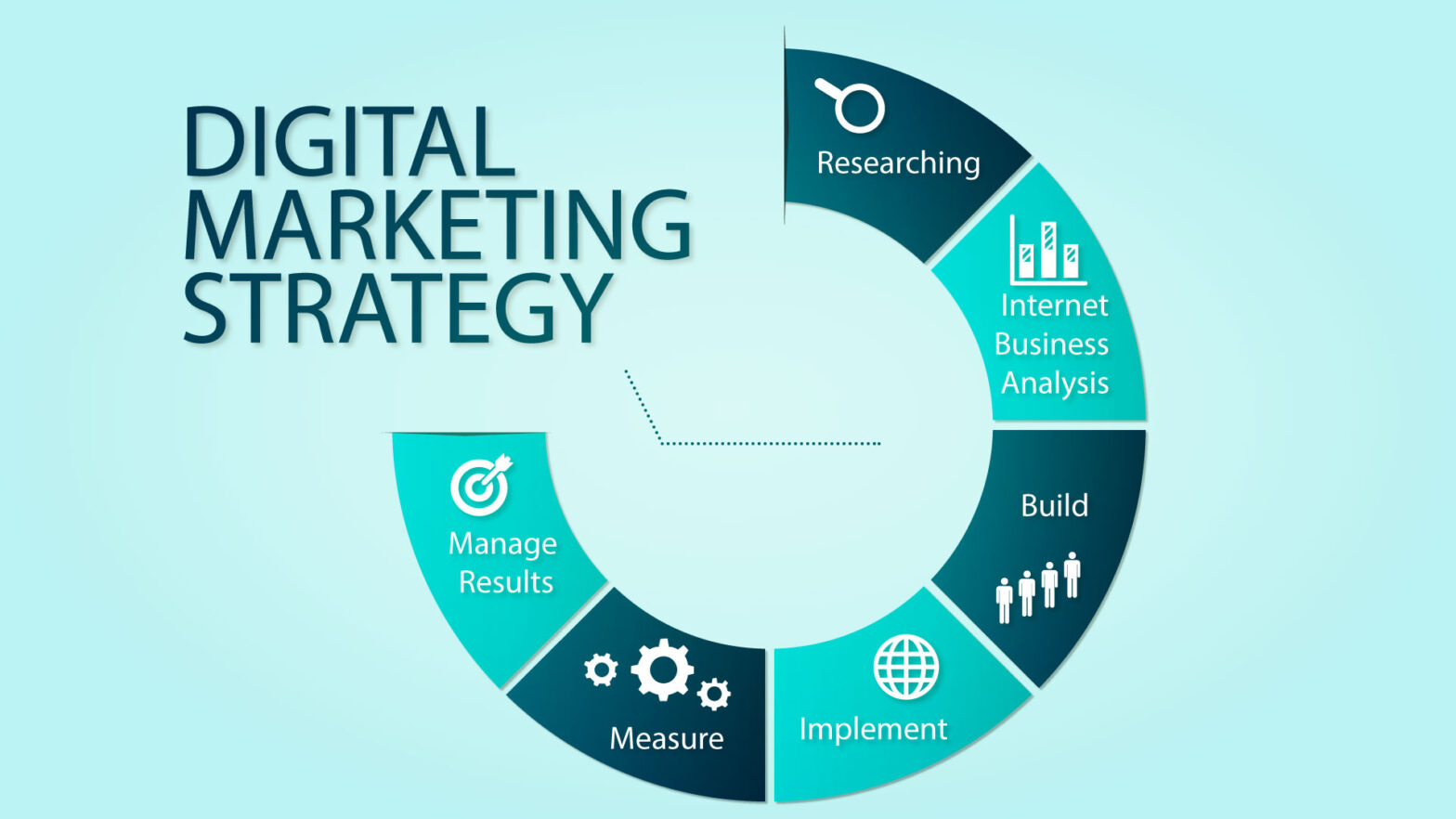The worldwide travel business is massive, and tourist marketing is continuously evolving, particularly in the post-Covid era. The tourism and travel industry are very competitive, with such a large audience and tremendous potential profit. As a result, in order to stand out, firms must employ unique SEO strategy and digital marketing plans.
We’ll look at five crucial suggestions and seo services for success at the convergence of travel and digital marketing in the first part of this post.
1. Focusing on the Target Audience
This may sound like a marketing 101 lesson, yet it is one that is frequently overlooked. It is difficult to construct an effective campaign without first determining who it is intended to serve.
This is true for firms in the travel and tourism sector as well as any other industry. Because the industry is so focused on user experience as a metric of success, marketing initiatives must be personalised to the correct demographic or they will fail!
Determine your ideal customer: The first step is to determine who your target consumer is to consider the travel items you sell: are they aimed at families, lone explorers, young couples, older citizens, or a combination of all demographics? From there, you may start to elicit qualities that constitute your brand’s customer persona.
Make it specific: Assume that the majority of your items are geared towards young couples. Knowing this, you can instantly begin to target certain consumer attributes. People under the age of 35, individuals without children, and newlywed couples may fall into this category. The honeymoon market may be a good fit for what you’re selling, so you should concentrate part of your marketing efforts there.
If you don’t understand how to go about this, contract a professional SEO company to help you handle your SEO needs, preferably a local SEO agency based in your country. If you stay based in Australia for example, you can search google for SEO company in Melbourne, if that’s your city.
2. Make the Most of Social Media
We don’t need to tell you how important social media has become in digital marketing. Platforms like Facebook, Instagram, and Pinterest help travellers find inspiration for their vacation spots, pick the right hotel, and discover new activities and attractions.
Prospective clients are already on social media, so it’s critical to be present where they are. Travel and tourism brands must have a strong social presence. It’s not enough to just create an account and repost stuff from elsewhere. Businesses should be ready to start conversations with their audience, respond to comments, answer questions, and provide excellent customer service.

All of these actions are components of a larger digital marketing plan that assists a business in reaching its objectives. Responding constructively to comments on a Facebook video, for example, may not appear to be a critical marketing chore, but it is an action that improves the look of a brand and indicates its capacity to communicate constructively with its audience. Put yourself in the shoes of a traveller who is torn between two hotels choice.
The choice might be influenced by anything as trivial as viewing a pleasant social media engagement. Every interaction has the potential to transform a visitor into a customer. From that perspective, it is a crucial aspect of marketing.
3. Paid Advertising Campaigns.
Brands may, of course, advertise directly on platforms such as Instagram, Facebook, and Twitter. Setting up an account on each network is simple, and executing a campaign is also simple. You’ll also get access to engagement statistics and insights that can help you fine-tune your content and strategy in the future.
Even though the cost per click for each business depends on a lot of different things, the average CPC for the travel and hospitality industry on Facebook is $0.63, making it one of the cheapest of all industries. Social selling is financially viable due to its cost-effectiveness and client relationship-building features.
4. Recognize Critical Stages in the Booking Process
Travel is not typically purchased on the spur of the moment. In reality, it takes a lot of time and work to plan a trip, from the first spark of interest to doing a lot of research, comparing prices, and making reservations. Understanding the travel customer journey is extremely beneficial for SEO agencies working in the travel/tourism industry.

5. Recognize which devices they use and when!
The multi-stage trip booking procedure is frequently carried out on many devices. It’s doubtful that you’ll be researching, comparing, booking, and purchasing travel gear all at once.
For example, during a dismal morning commute, a mobile device may be used to conduct an early search for destinations (dreaming phase). A tablet might be used to compare hotels, while a laptop could be used to make the final booking.
Optimize your content, design, and positioning for each stage of the buyer’s journey. When people want to find things to do in a destination, your best bet is to focus on mobile, since this is what your potential customers are most likely to use.
However, as usual, this is dependent on your target customer’s interests and behaviours.
6. Embrace ‘Social Proof.’
Travelers frequently use review sites such as TripAdvisor, Google, and Yelp to help them make purchasing selections. Proactively provide high-quality photographs and videos that showcase your company and its items to review sites. This allows you to influence, to some extent, the perception of your company.
Of course, the majority of the material available on unbiased review sites is outside your control. That doesn’t mean you’re not a part of the story. Respond to every review, positive or negative, that your brand receives.
Deal with the negative: If you receive constructive criticism, respond politely and address each issue raised by the reviewer. Show that you can take advice and, if you can, talk about any work you’ve done to fix mistakes in the past. This not only helps to contradict the reviewer’s opinion, but it also shows prospective consumers that you listen and respond quickly. Remember that a seemingly insignificant move can make or break a purchasing decision.
Positive feedback is more enjoyable to get! Respond to each one, emphasizing the aspects of your service that impressed each reviewer.
Encourage Reviews: Reviews and social proof are important components of your marketing initiatives. Nothing sells like other people’s positive suggestions!
It is always great to navigate this great ocean of SEO and digital marketing by the help of a professional SEO agency. Contact P1 SEO agency today to get started!
